Strong market fundamentals set to continue well into 2026
One-year time charter rates for Suezmaxes and Aframaxes remain near multi-year highs, offering owners strong margins and earnings visibility into 2026. Sustained at these levels for several weeks, the market reflects solid fundamentals, supported by steady cargo volumes, tight fleet supply, and ongoing trade pattern shifts. For investors, this stability signals a firm market floor with potential for further upside if new demand drivers emerge.
VLGC Market Update
VLGC spot rates have climbed to their highest levels in 12 months, with Middle East–Japan voyages assessed at over $74,000 per day and US Gulf–Asia routes also sharply higher. Tight vessel supply, supported by increased US production and rising Middle East volumes as OPEC+ cuts unwind, is driving the firmness. Congestion in the Panama Canal is adding further upward pressure, with some owners already considering ballasting via the Cape of Good Hope if delays persist. Analysts expect rates to remain elevated in the coming months, with sustained arbitrage opportunities and a limited vessel list pointing to a constructive short-term outlook and solid risk–reward for VLGC exposure.
PCTC: China subsidy shifts causing short-term impasse
Analysts see mixed signals for the car carrier segment. While EV demand growth continues to support medium-term trade flows, especially into Europe, the pace has moderated in China due to subsidy timing, creating short-term volatility. DNB Carnegie downgraded Wallenius Wilhelmsen and Höegh Autoliners to “hold” after strong share price gains, citing rising trade barriers, structural risks from Chinese vehicle exports, and a sizable delivery pipeline as potential headwinds. Pricing remains firm and backlogs provide a cushion, but sentiment is shifting toward a more balanced risk–reward outlook for listed PCTC owners.
Geopolitics: Trump’s opposition to IMO Net-Zero framework
United States President Donald Trump has renewed his criticism of the IMO’s net-zero climate strategy, calling it a “global carbon tax” and warning of possible retaliation against supporting countries. Analysts caution that US non-compliance could weaken IMO authority and slow adoption of the plan, which includes new fuel standards and CO₂ pricing from 2027. Read more here.
Sources: BRS Brokers, Reuters & TradeWinds




